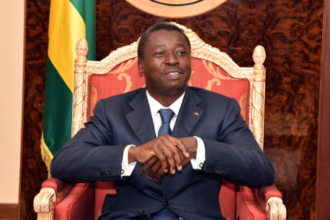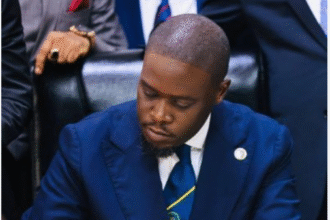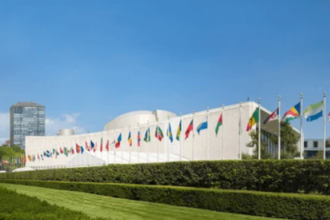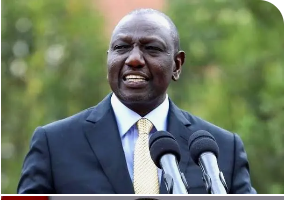By Mohamed Ghani
Khartoum, Sudan – Sudan has officially cut diplomatic ties with the United Arab Emirates (UAE), accusing the Gulf nation of backing the Rapid Support Forces (RSF) in the ongoing civil war. The move follows repeated allegations from Sudanese officials that the UAE is providing financial, military, and political support to the paramilitary group, allegations the UAE vehemently denies.
The drastic decision, announced after Sudan’s Defense Minister Yassin Ibrahim accused the UAE of violating the country’s sovereignty through its “proxy,” the RSF, will see the Sudanese ambassador withdrawn from the UAE and all Sudanese diplomatic missions in the Gulf nation closed.
The timing of the announcement coincides with a surge in violence attributed to the RSF in Port Sudan, a city previously considered a safe haven in the war-torn nation. Since Sunday, drone strikes have targeted critical infrastructure in the city, including the international airport, a major power station, and a hotel. The Sudanese army has blamed the RSF for the attacks, although the paramilitary group has yet to comment. On Wednesday, the army reported thwarting an attack on the country’s largest naval base.
For months, Sudan’s army has accused the UAE of arming the RSF, a claim echoed by international actors. Both the UK and the US have separately urged outside countries to cease backing either side of the conflict.
The war, now entering its second year, has had a devastating impact on Sudan, resulting in the deaths of thousands, the displacement of millions, and a severe humanitarian crisis.
However, in a separate development on Monday, the UN’s top court dismissed Sudan’s case against the UAE, in which it accused the Gulf state of complicity in genocide. The International Court of Justice in The Hague ruled the case could not proceed as the UAE had opted out of Article 9 of the Genocide Convention, which prevents states from being sued by other states over genocide allegations.
Reem Ketait, the UAE’s deputy assistant minister for political affairs, hailed the court’s decision as “clear and decisive.” She stated, “The international community must focus urgently on ending this devastating war and supporting the Sudanese people, and it must demand humanitarian aid reaches all those in need.”
Despite the ICJ ruling, Sudan’s decision to sever ties underscores the deep distrust and escalating tensions between the two nations, further complicating efforts to resolve the ongoing crisis in Sudan.









